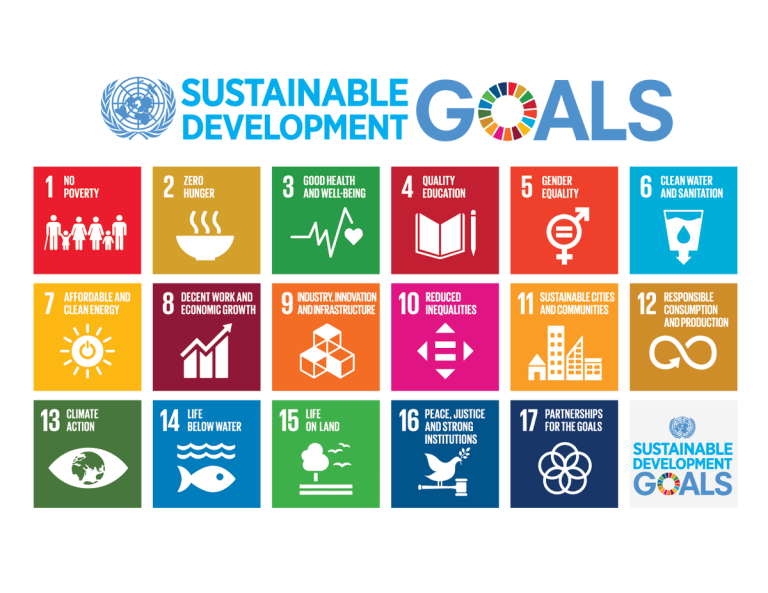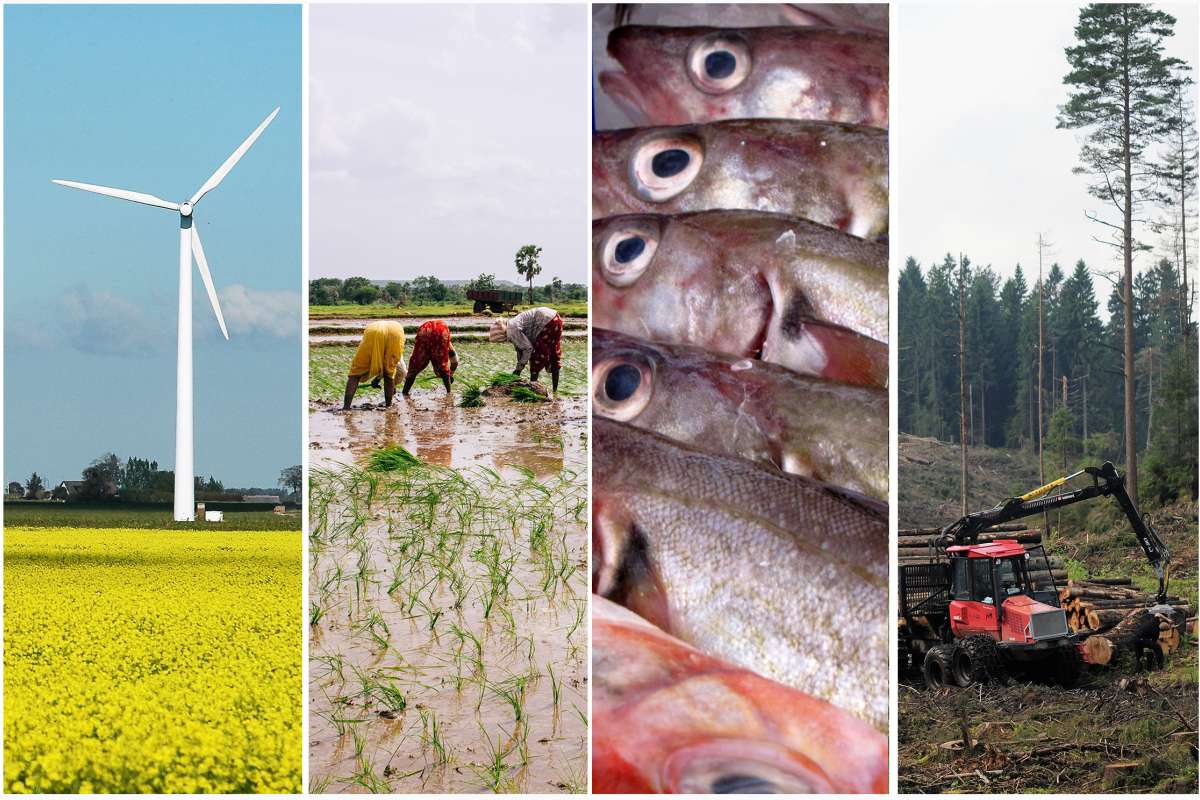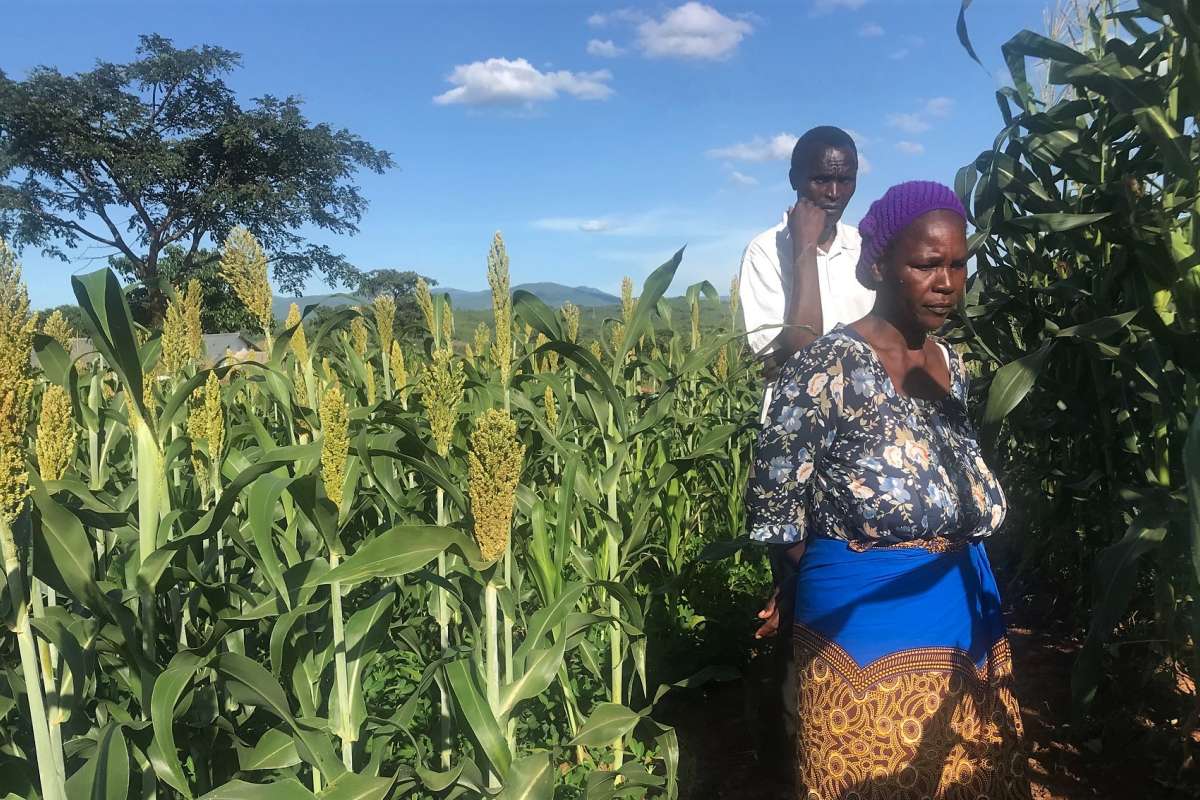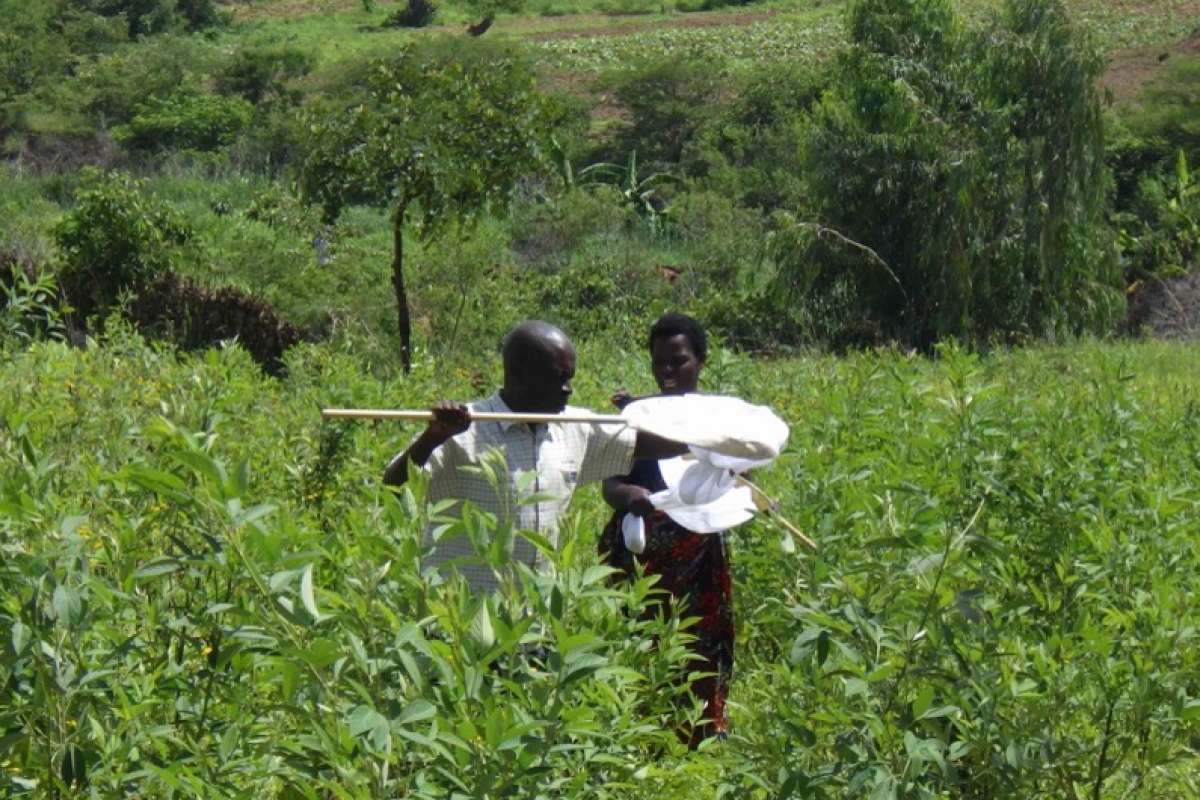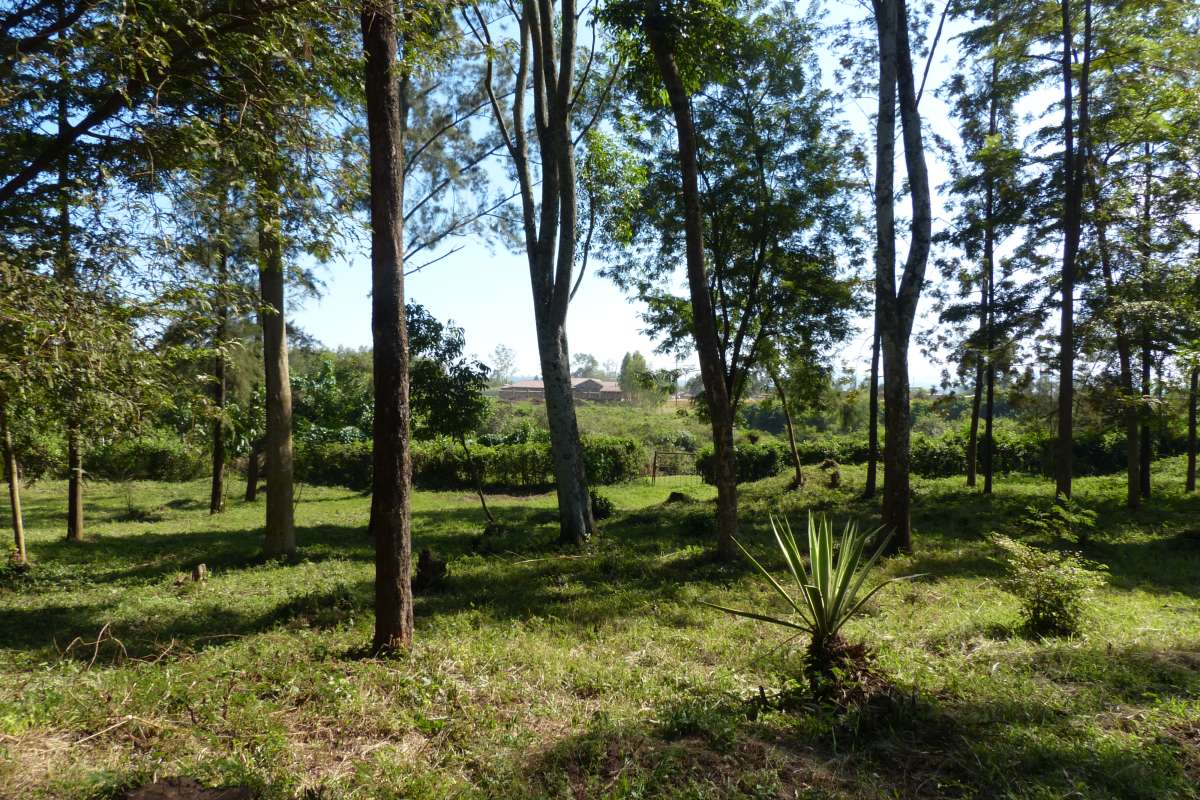Updated webpage for NIBIO’s Centre for International Development
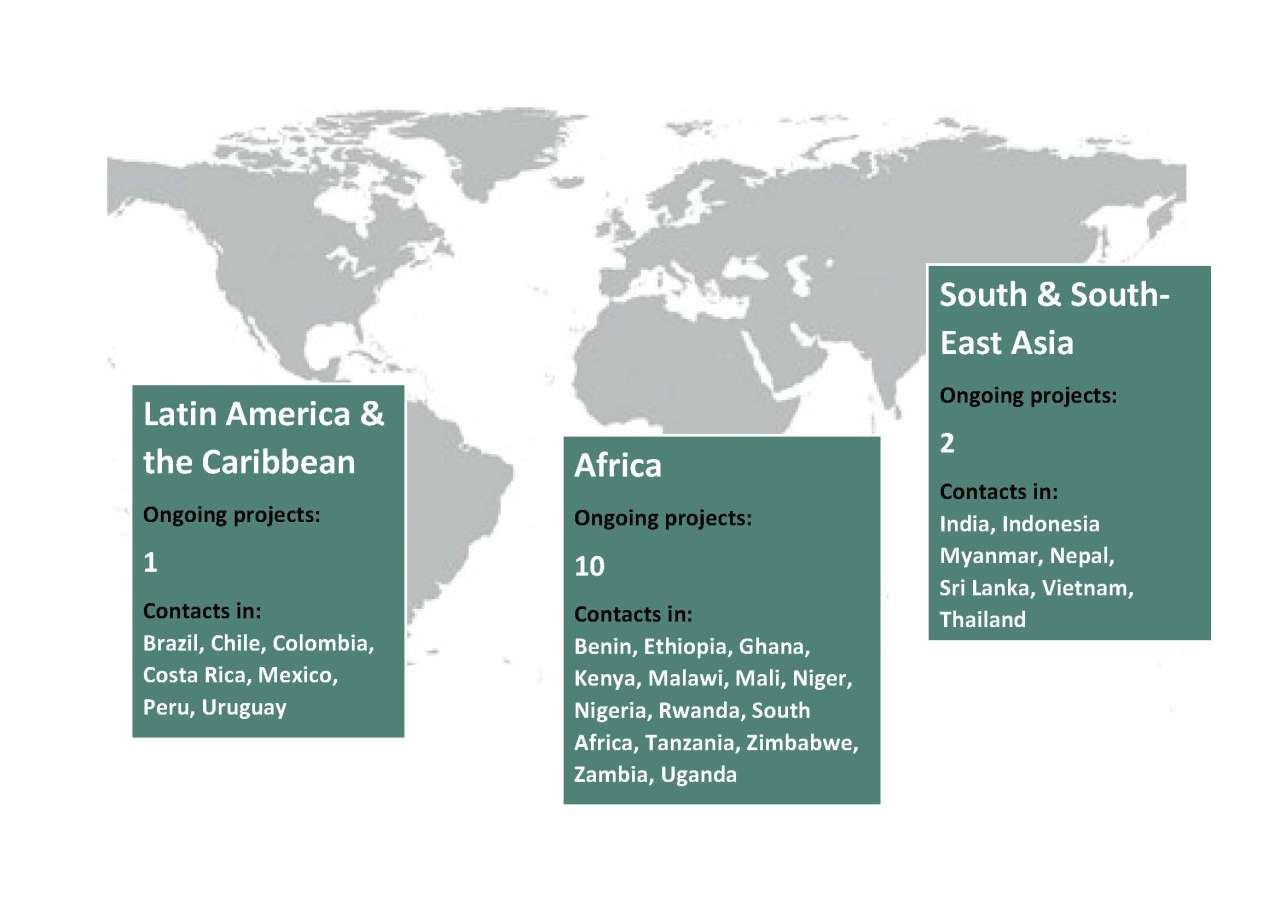
Map over CIDs activities and projects. CID focuses on three regions, each with a dedicated regional coordinator. If you are interested in cooperation, please contact one of them via the contact information below.
The Centre for International Development (CID) of the Norwegian Institute for Bioeconomy Research (NIBIO) aims to make NIBIO a more relevant and competitive player in international Research and development. The recently updated CID webpage provides information about our three regions of particular focus, and the ongoing initiatives.
The following is a brief overview of our activities and projects.
Africa
NIBIO currently has extensive project cooperation in more than 12 African countries including Ethiopia, Kenya, Malawi, Rwanda, South Africa, Zambia, Tanzania, Mali, Niger, Uganda, Benin and Ghana.
We also have active and ongoing research and development cooperation with several CGIAR partners (IITA, ICRAF, CIMMYT, ILRI, CIAT), icipe and 24+ national partners in several African countries (national research institutes, universities, farmer organisations, SME’s).
Focus areas:
- Climate change adaptation and mitigation in agriculture and forestry sectors
- Food and nutrition security and sustainable food systems
- Renewable energy: Biowaste to bioenergy
- Biowaste to biofertilizer
- Integrated pest management and decision support
- Biodiversity conservation on farmlands
- REDD+ and Forest Landscape Restoration
- Skills development for youth and women in the agricultural sector
- Education
- Capacity building of Research and HE Institutions

South and South-East Asia
NIBIO has been actively involved in climate change, agriculture, food security and water related projects in India, Bangladesh, Vietnam and other countries in the region since 2008 with a focus on climate smart rice systems. The goal is to produce more and sustainable food with agricultural systems that are climate resilient. NIBIO takes a science-stakeholders-policy approach by involving i.e. farmers and farmers associations, universities and research institutes, SME’s, local and regional authorities and NGOs in most of its initiatives. Currently, NIBIO is active in India and Myanmar cooperating with national and international partners.
Focus areas:
- Climate adaptation and mitigation
- Climate smart agriculture systems
- Food and nutrition security
- Water resources management
- Stakeholder participation and knowledge exchange
- Value chain analysis

Latin America and the Caribbean
NIBIO currently has active cooperation in Colombia and Peru, and a few projects in preparation. NIBIO has been working in South America since 1999, mostly on aspects related to forest pests and management. The ongoing project in Colombia focuses on coffee production and environmental impact thereof, the coffee value chain and small-hold coffee farmers.
Focus areas:
- Small scale farmers and value chain
- Integrated Pest Management
- Forests and REDD+

Current CID-projects
Please visit www.nibio.no/CID for a full coverage. NIBIO also has several international projects in Europe and China, that are not organised under the CID umbrella.
Contacts



Contacts




